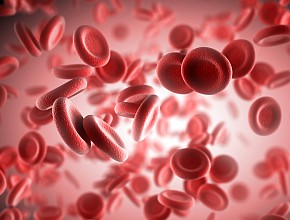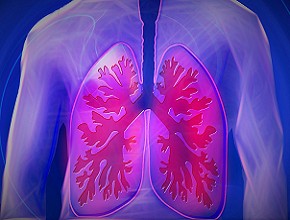Menopausal hormone therapy and breast cancer
Minami CA, Freedman RA. Menopausal Hormone Therapy and Long-term Breast Cancer Risk: Further Data From the Women's Health Initiative Trials. JAMA. 2020 Jul 28;324(4):347-349. doi: 10.1001/jama.2020.9620. PMID: 32720989.
There is ongoing uncertainty about the use of postmenopausal hormonal therapy and the risk for breast cancer. This study used long-term follow-up data from the Women’s Health Initiative (WHI) study to assess the risk for breast cancer in women with an intact uterus who were receiving conjugated equine estrogen (CEE) 0.625 mg daily plus medroxyprogesterone acetate (MPA) 2.5 mg daily and the risk for breast cancer in women with a prior hysterectomy who were receiving CEE alone.
Patients studied were from 2 placebo-controlled randomized clinical trials that involved 27,347 postmenopausal women, from 50 to 79 years old, with no prior breast cancer and a negative baseline screening mammogram. Patients were enrolled at 40 centers in the United States between 1993 and 1998 and followed up until the end of 2017. The CEE-plus-MPA trial was stopped in 2002 after an intervention period of 5.6 years. The CEE-alone trial was stopped in 2004 after an intervention period of 7.2 years.
There were 27,347 women (mean age, 63.4 years) randomized in both trials. The median duration of follow-up was 20.3 years and mortality data were available for over 98% of study participants. For this analysis, the primary outcome was the incidence of breast cancer, and the secondary outcomes were deaths from breast cancer and deaths after breast cancer.
In 10,739 women with a prior hysterectomy, CEE alone as compared with placebo was associated with a significantly lower incidence of breast cancer, with an annualized rate of 0.30% versus 0.37% (hazard ratio [HR], 0.78; 95% CI, 0.65-0.93), and a significantly lower breast cancer mortality, with an annualized mortality rate of 0.031% versus 0.046% (HR, 0.60; 95% CI, 0.37-0.97). In 16,608 women with an intact uterus, CEE plus MPA as compared with placebo was associated with a significantly higher incidence of breast cancer, with an annualized rate of 0.45% versus 0.36% (HR, 1.28; 95% CI, 1.13-1.45), and no significant difference in breast cancer mortality, with an annualized mortality rate of 0.045% versus 0.035% (HR, 1.35; 95% CI, 0.94-1.95).
In this long-term follow-up study of the WHI trials, use of CEE alone in women with a prior hysterectomy was associated with a lower incidence of breast cancer and a lower risk for breast cancer mortality, whereas use of CEE plus MPA in women with an intact uterus was associated with a higher incidence of breast cancer but no significant difference in breast cancer mortality.
Despite the drawbacks of long-term hormonal therapy, such treatment can be used, for up to 3 years, to control moderate to severe vasomotor symptoms of menopause.
 English
English
 Español
Español
 українська
українська









